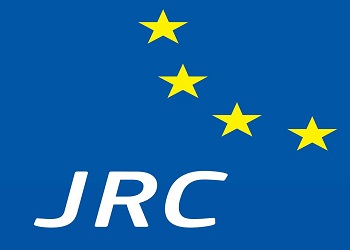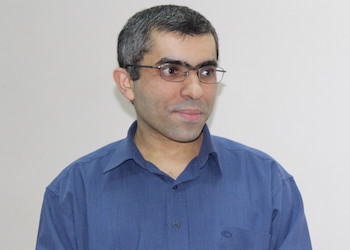- Details
On April 23-24, 2015, Lasha Lanchava, Research Fellow at ISET-PI, Education and Social Policy Research Center, participated as a discussant in the workshop titled “How to increase tax compliance – new tools from behavioural economics” organized by the Joint Research Center of the European Commission in Kiev, Ukraine.
The workshop targeted leading scholars, representatives of Ministries of Finances, tax authorities and NGOs from associated countries. The workshop aimed at collecting state of the art insights from behavioural economics which could be used to stimulate an increase in tax compliance – taking into account country-specific background factors.
- Details
On Thursday, April 16th, Muhammad Asali, ISET’s resident faculty member, presented his paper, named “Compulsory Military Service and Future Earnings: Evidence from a Quasi Experiment” to the ISET community.
Military service can have either positive, negative or no effect on future earnings of the former military servants. On the one hand, military service keeps people out of the labor market and therefore, harms their labor market skills, resulting in lower wages afterwards.
On the other hand, it might help acquire some new skills (e.g. discipline) which are needed in the labor market and therefore, benefit the former military servants in terms of earnings. There is little consensus in the literature about this relationship.












